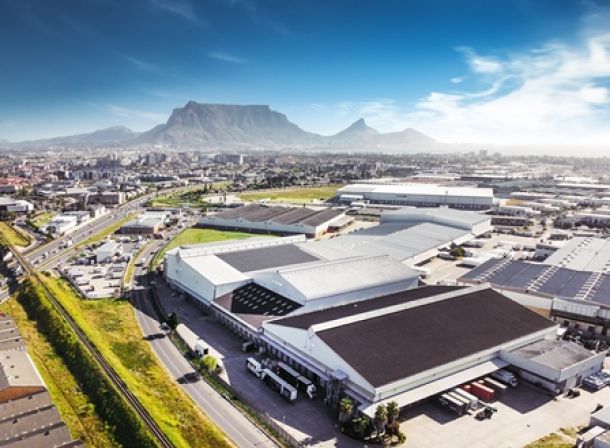Truck drivers ‘in short supply’
A dire shortage of professional truck drivers in SA and across sub-Saharan Africa is one of the main issues facing long-distance haulage companies, says Barloworld Transport CEO Neil Henderson.
SA needs about 15,000 new professional truck drivers every year but is not able to recruit so many. A move from road freight to rail is cited among the long-term solutions to the serious shortage.
Driver wages were the second-biggest cost driver for companies.
The long and non-standard hours and long periods spent away from home deter many from choosing truck driving as a career.
Road Freight Association (RFA) technical and operations manager Gavin Kelly said: "Generally drivers are hard to come by as the hours are long or ‘nonstandard’ due to shifts, transit times, and product specific handling requirements of the times that other processes, like border clearance, mine operations, traffic congestion or retailers, may have. Risks related to crime are higher and there is greater exposure to traffic incidents."
Prof Jan Havenga of Stellenbosch University’s centre for supply chain management said another challenge was that some drivers were not sufficiently well trained. However, he said companies such as Imperial Logistics and Barloworld were investing in the training of professional drivers.
Mr Henderson said Barloworld had developed its own programme to recruit talented drivers but out of every 100 applicants only seven were chosen by the company.
"We are strict about the calibre and skill of our drivers. There is a big demand but the success rate in recruiting and placing drivers is low. And once we have managed to employ drivers, we have to work to retain and look after the best talent," said Mr Henderson.
Prof Havenga said while the shortage of professional truck drivers had to be solved from various angles, a long-term solution was to move all "rail friendly" cargo from road to rail.
Road transport dominates despite rail freight being 75% cheaper. About 88% of all SA’s freight is transported by road, according to the RFA.
On the N3 alone, 3,000 trucks travel on the Johannesburg-Durban corridor on average every day, according to research from the University of Stellenbosch.
Prof Havenga also said if the shift to rail freight was not achieved over the next 30 years, the number of trucks travelling on the N3 highway between Johannesburg and Durban would more than quadruple to 13,000 daily.
However, if suitable cargo was moved from road to rail, the number would only double to 6,000 trucks a day.
"The N3 is the most congested long-distance corridor in the country. The country cannot afford congestion on the roads and we are not going to find these drivers," said Prof Havenga.
Related Articles

Clicks expands service delivery with the openin...

SPAR drives logistics innovation across distrib...

Futureproofing the supply chain in Sub-Saharan ...

Pioneer foods announces recall of certain 100% ...


